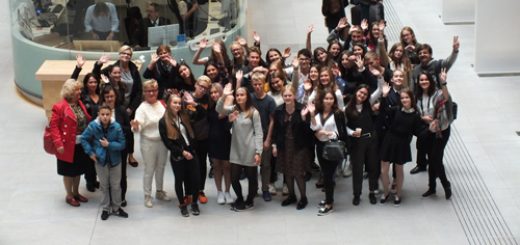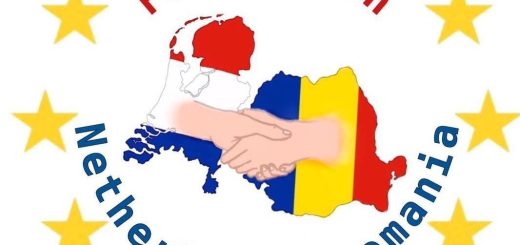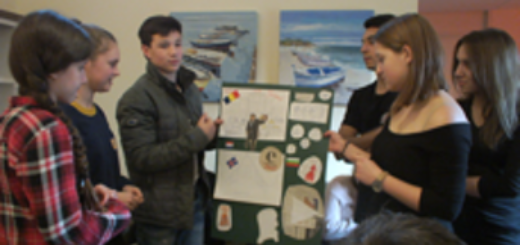Moving Democracy Online While Strengthening Youth Participation in Decision Making
This Erasmus+ Youth project was part of our “Moving Democracy Online” series – an umbrella initiative which was launched by Foundation Netherlands – Romania in The Hague, in 2021. Under this generic title, we have been organising various projects aimed at providing a platform for young people to engage in dialogue with representatives of The Hague politics, policy makers and other stakeholders.
The main outcome of the latest project of the series (with the youth participation activity taking place in The Hague in September 2023) was a Guide which can be accessed at the link below:
Guide with Scenarios For Connecting Youngsters To The Democratic Process
Throughout the project, participants converted the learning outcomes into concrete Scenarios which were put together in the Guide above. Youngsters developed the Scenarios as a tool on how to stimulate youth participation in dialogue with decision-makers in the digital environment, connecting them to the European e-democracy building process. They worked together in multicultural groups, with each group creating 3 Scenarios. Along with the Scenarios, the Guide provides an overview of project activities and their results, such as conclusions from different sessions or outcomes of the final evaluation.
The programme had 3 activities:
1. A start-up workshop followed by a series of 5 webinars;
2. The youth participation mobility in The Hague, taking place between 23 and 29 September 2023, during which participants entered in dialogue with decision makers, debated issues on their involvement in the democratic process and put together the scenarios for the Guide. The results were presented to Thom van Campen, Member of the Dutch Parliament, who gave feedback to the recommendations of the youngsters.
3. The evaluation and dissemination conference, where the results of the project were presented and an awareness campaign based on the project outcomes was launched. The conference took place in Campulung-Muscel on 26 February 2024 and was attended by over 150 people – both local youngsters and delegations from all the countries participating to the project ( Greece, Iceland, Netherlands, Poland and Romania).
Below, a video summing up the meeting at the Dutch Parliament:
The Dutch Ambassador to Romania as well as the Mayor of Campulung were among the decision-makers who engaged in dialogue with the participants and gave feedback to the project results.
Find out more abour “Moving Democracy Online” Series








